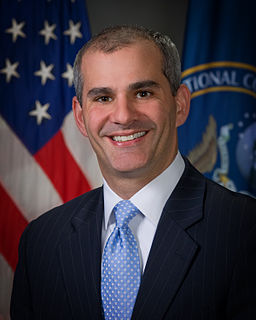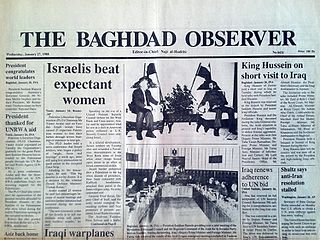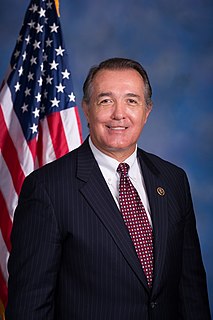A Quote by Peter Bergen
The Obama administration has framed its defense of the controversial bulk collection of all American phone records as necessary to prevent a future 9/11.
Related Quotes
If Senator Rubio were doing his job and in Congress more, he might know that the program 'phone records of a potential terrorist cause' continues. It's been ongoing for the last six months. So the Paris tragedy, this tragedy happened while we were still doing bulk collection, all bulk collection. Also in France, they have a program a thousand-fold more invasive, collecting all of the data of all of the French.
Snowden grants that NSA employees by and large believe in their mission and trust the agency to handle the secrets it takes from ordinary people - deliberately, in the case of bulk records collection, and 'incidentally,' when the content of American phone calls and e-mails are swept into NSA systems along with foreign targets.
The program grew out of a desire to address a gap identified after 9/11 ... The program does not involve the NSA examining the phone records of ordinary Americans. Rather, it consolidates these records into a database that the government can query if it has a specific lead - phone records that the companies already retain for business purposes.
So after a long time of utilizing the American propaganda machine, along with official statements of lies, distortion and falsehood, the focus was basically turned on inciting the American public against Iraq and pushing them to accept the American administration's schemes of aggression as a fait accompli, as if it were the solution or the necessary rescue that would allow American citizens to live in security and stability, after what they had gone through in the September 11 attacks.
I do believe that the Barack Obama administration has reached a new low by using the instruments of the state against its political adversaries. Obama does not see people who disagree with him as well-meaning opponents but rather as enemies. That's not something that Jimmy Carter or Bill Clinton did as President. Probably Obama's direct descendant in this line is Richard Nixon. And Obama seems to have carried Nixonian tactics to a new low. So, we've turned a corner in American politics that doesn't bode well for our future.
This is a column collection, or as one colleague called it, "history in real time," recounting my perspective on the highs and lows of this presidency from an African-American perspective. More than simply a column collection, the book has a substantial introduction that frames the [Barack] Obama presidency, explores the way Obama was treated by the political establishment and also how this first black president treated "his" people. In the epilogue, I use numbers to tell the story of African-American gains and losses during this presidency.































